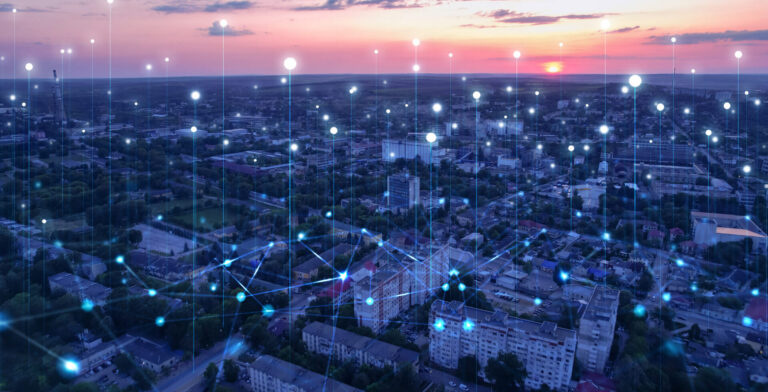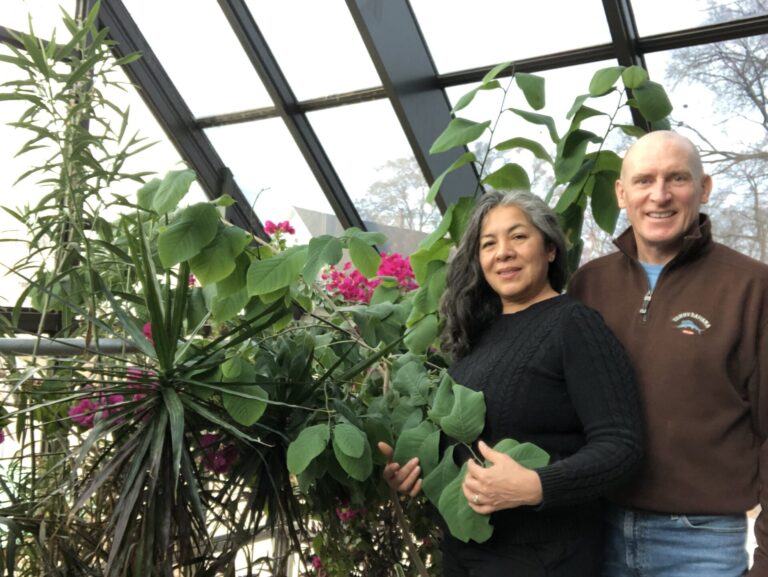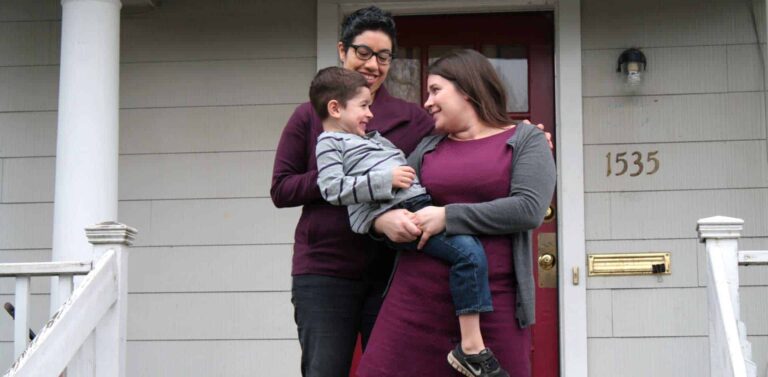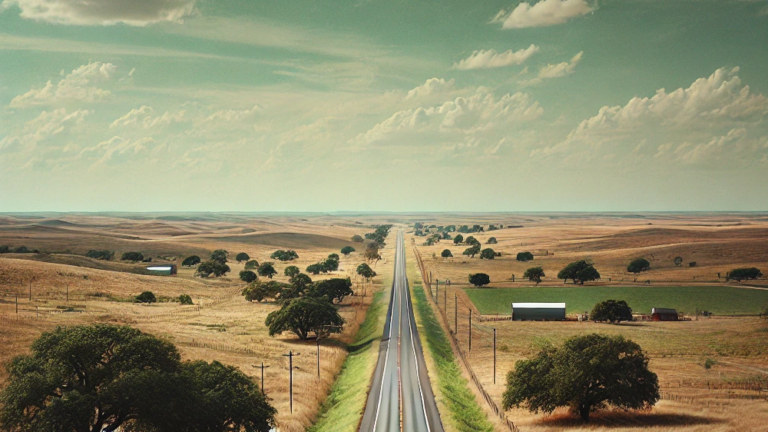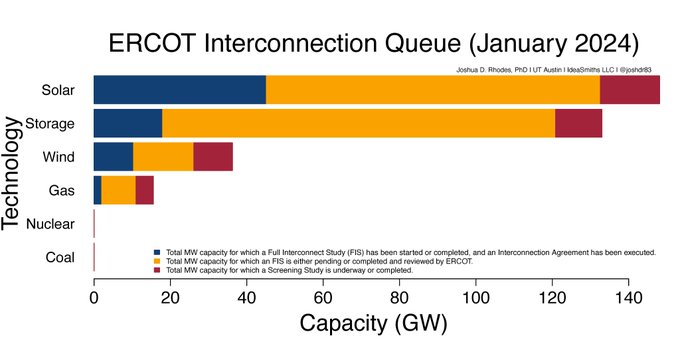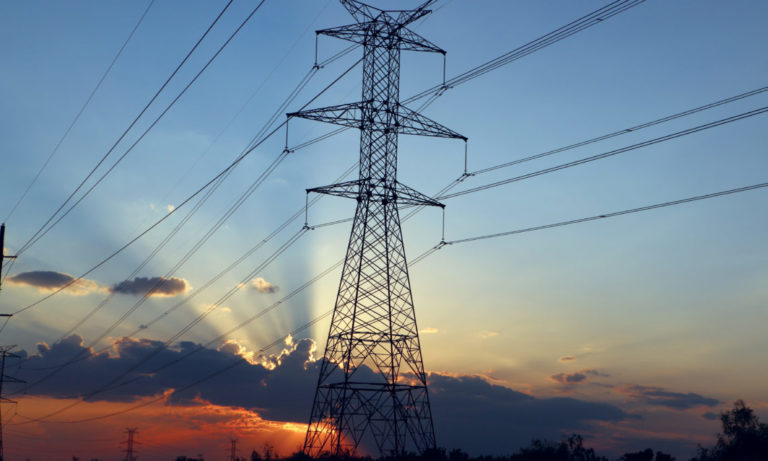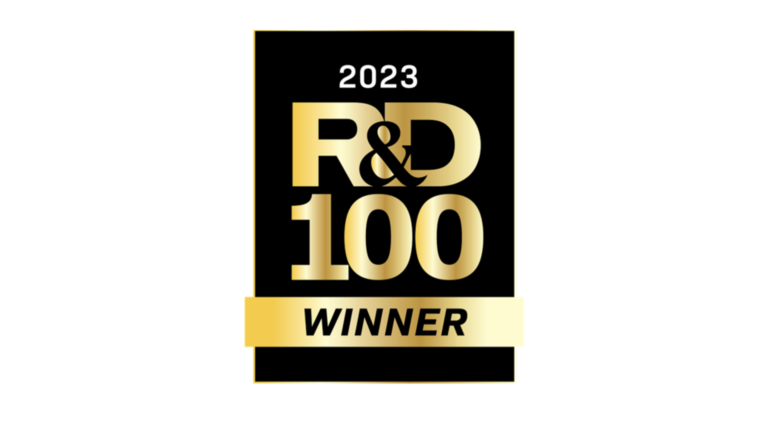April 14, 2023
By Jill Harlow, chief of staff, Pecan Street Inc.
We’re wrapping up the final day of Solar Energy Innovation Network (SEIN) Symposium in Denver, CO.
It’s been amazing to be here with my Pecan Street colleague, Rachel Jenkins, and Austin Energy’s Diversity Equity and Inclusion Manager, Keree Brannen and to learn from the other SEIN teams and special guests.
The National Renewable Energy Laboratory launched the SEIN program in 2018 to advance innovative projects and support knowledge transfer among teams developing transformative approaches to adopting solar energy. Pecan Street has been thrilled to be part of the third cohort focused on equitable solar in underserved communities, with our project partners Austin Energy and GAVA.
The symposium gave us a chance to share our efforts to better understand where solar does and doesn’t fit amid the energy realities experienced in low-income neighborhoods in Austin’s Eastern Crescent.
We shared a presentation space with other teams working on the residential sector, including one led by our friends at TEPRI, who have been working to get solar recognized as an allowable Low Income Home Energy Assistance Program (LIHEAP) expense in Texas’s energy plan. The team led by Energy Trust of Oregon and the team from ReThink Energy Florida shared different strategies for building solar awareness, knowledge, and empowerment among BIPOC communities.
So many facets of equitable solar adoption were explored through a mix of interactive sessions co-convened by NREL and RMI. In addition to the eight SEIN teams, the Symposium included a diverse array of guests from around the country, from think tanks like McKinsey to national organizations like Elevate to regional utilities like National Grid to regulatory bodies like the Michigan Public Service Commission, to regional economic development organizations like Mountain Association, to consultants like Converge Strategies, to boots on the ground community activists like Beacon Hill Council, to green banks, solar companies, black farmer collaborative… the list goes on.
It was refreshing, energizing, and exhausting to share, learn, and discuss opportunities for collaboration with so many passionate people. The most common question I heard repeated over the three days: How did you do your community engagement? Learning to authentically center on community needs and goals takes time and hard work and often comes with many false starts and missteps. No one I talked with had a perfect answer. Even individuals who were part of an underserved community shared struggles to find ways to help neighbors learn about solar when faced with other urgent daily priorities.
But what I did hear, which gives me hope, is a deep commitment to keep working and to keep trying to do better.









